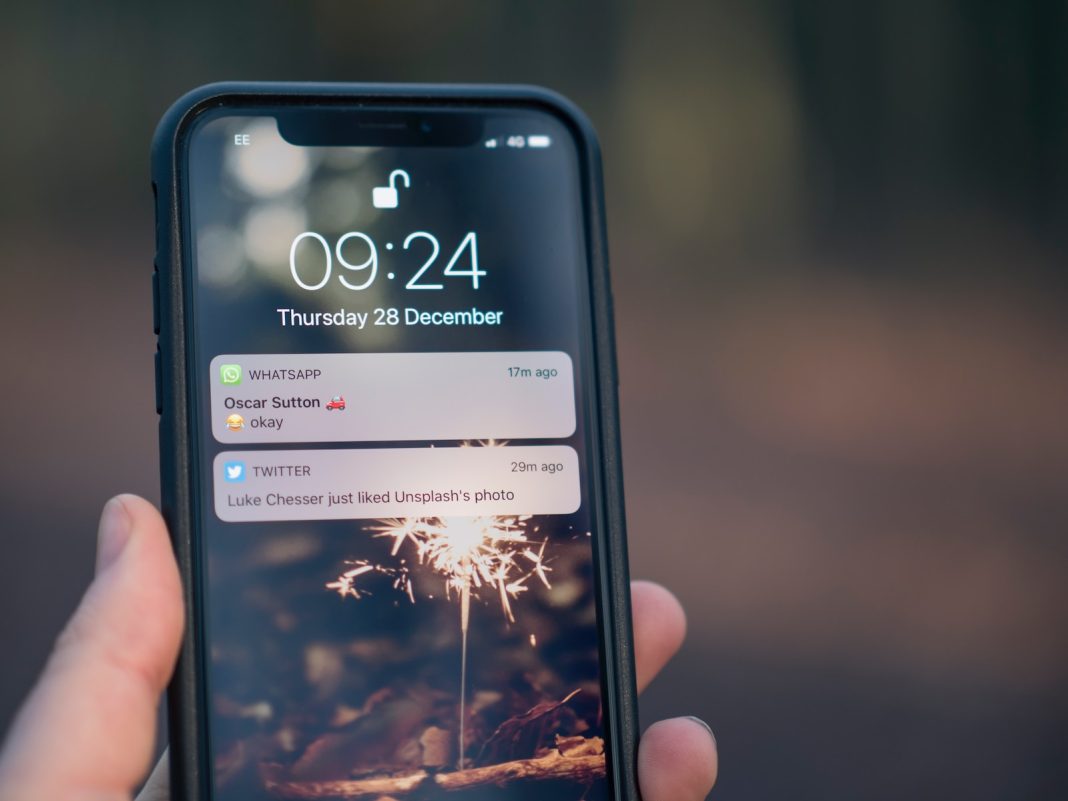In an era where privacy concerns surrounding smartphones are already at their peak, a recent revelation suggests that governments might be spying on citizens through an unexpected avenue – push notifications. While it’s not news that our smartphones are potential privacy nightmares, the method employed by certain governments to access user data is raising eyebrows and prompting calls for increased transparency.
The catalyst for this disclosure came from Senator Ron Wyden of Oregon, who, on Wednesday, penned a letter to the Department of Justice (DOJ), urging them to allow tech giants Apple and Google to notify their customers about government requests for smartphone usage data. According to Wyden, his office received a tip in the spring of 2022, alleging that foreign governments were pressuring Apple and Google to surrender push notification records from users.
What sets this revelation apart is that governments are not targeting traditional surveillance methods like GPS tracking or intercepting phone calls. Instead, they are exploiting the pathway of push notifications, a feature deeply embedded in the daily smartphone experience. When investigated, both Apple and Google claimed that the federal government had imposed restrictions preventing them from commenting on these practices.
To comprehend the depth of this intrusion, it’s crucial to understand the journey of push notifications. Contrary to popular belief, these alerts don’t directly travel from your smartphone to the app; they first traverse through Apple and Google’s servers – Apple Push Notification Service for Apple devices and Firebase Cloud Messaging for Google. This means that all push notifications relying on an internet connection pass through these servers, making them susceptible to government overreach.
The concerning aspect is the wealth of data contained in these notifications. Metadata about the app receiving the notification, details about the phone, and the associated account are intercepted by Apple and Google. For instance, if a notification from Duolingo is destined for “Jake’s iPhone 14 Pro” at a specific time, governments demanding this data might gain access to such specific details.
Encryption emerges as a vital tool in safeguarding one’s privacy in this scenario. Encrypted messaging services, unlike traditional methods, ensure that the content of messages doesn’t appear in the data intercepted by third parties. While iMessages, RCS texts, or WhatsApp alerts remain secure, unencrypted notifications, like those from SMS or Instagram DMs, become vulnerable to government scrutiny.
Wired reports that governments seeking this data must first obtain the push notification “token” from an app developer. Apps assign tokens to users, connecting them to push notifications. Armed with these tokens, governments can then approach Apple or Google to demand information about the associated accounts. Instances of such requests have been recorded in the past, such as the FBI’s 2021 request for push notification data in a Jan. 6-related case involving two Meta accounts.
Senator Wyden’s call to the DOJ is for increased transparency in these processes. In response, Apple has updated its law enforcement guidelines, asserting that push notification data will not be surrendered without a judge’s order. Google, having already implemented such a policy, finds itself ahead in this regard.
While the recent developments offer some reassurance with the prospect of a legal safeguard, concerns linger about the potential exposure of push notification data in case of an unfavourable judicial decision. Users are left to grapple with the dilemma of balancing privacy and convenience, with disabling push notifications emerging as a potential extreme measure.
Disabling push notifications for all apps is suggested as a precautionary measure by privacy advocates. The logic behind this is rooted in the belief that governments, whether domestic or foreign, should not have access to the details of app notifications. However, this approach comes with its own set of challenges. Group chats, meetings, and appointments could be missed if notifications for messaging and calendar apps are disabled.
In essence, it becomes a delicate balancing act between privacy and convenience. While the recent updates from Apple and Google are steps in the right direction, the onus lies on larger systemic changes. Users should not have to compromise their convenience by disabling notifications, and governments should be held accountable for the invasive nature of such data requests. Senator Wyden’s letter aims to bring about change in Washington, signalling a potential turning point in the ongoing debate over digital privacy and government surveillance.


